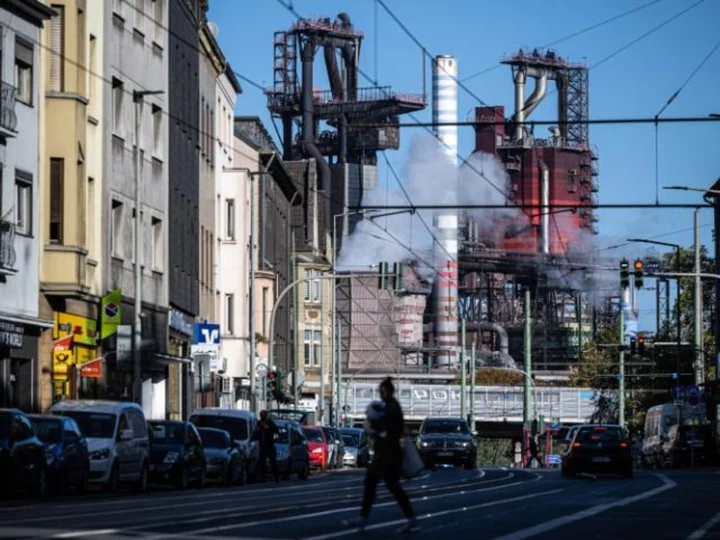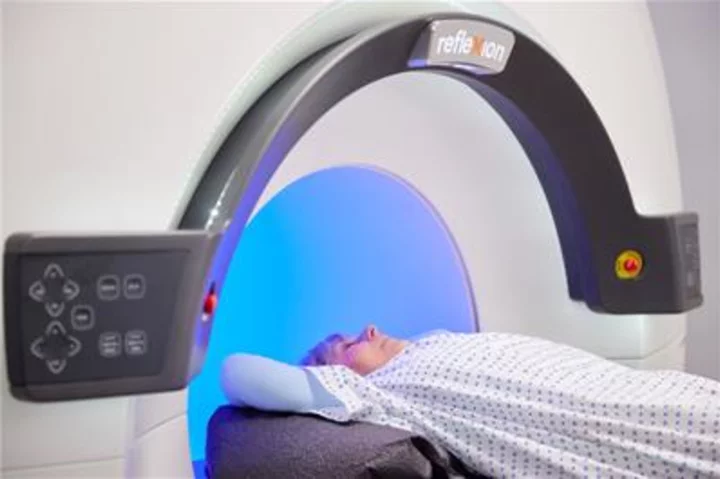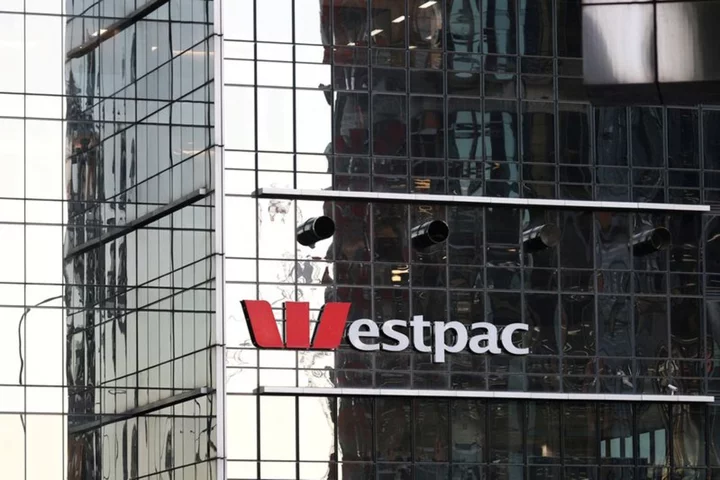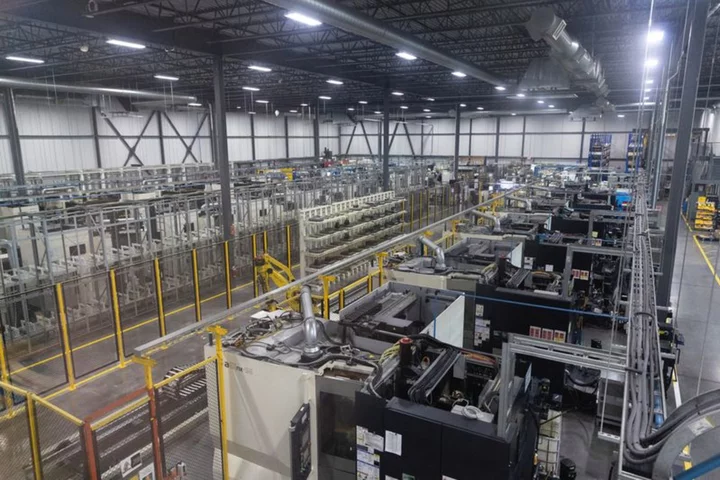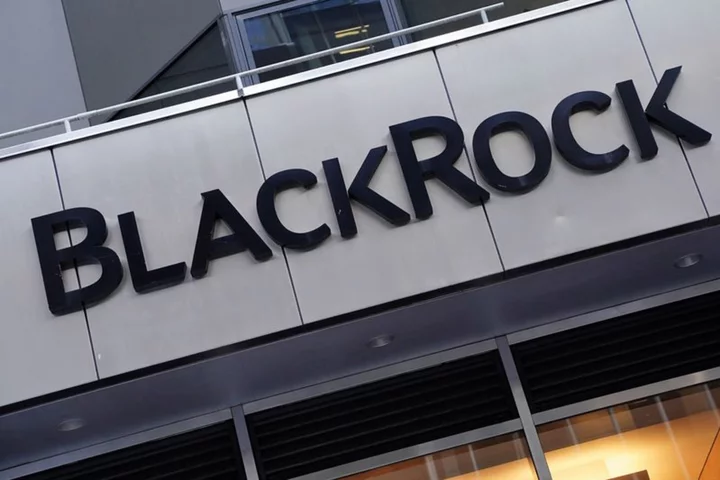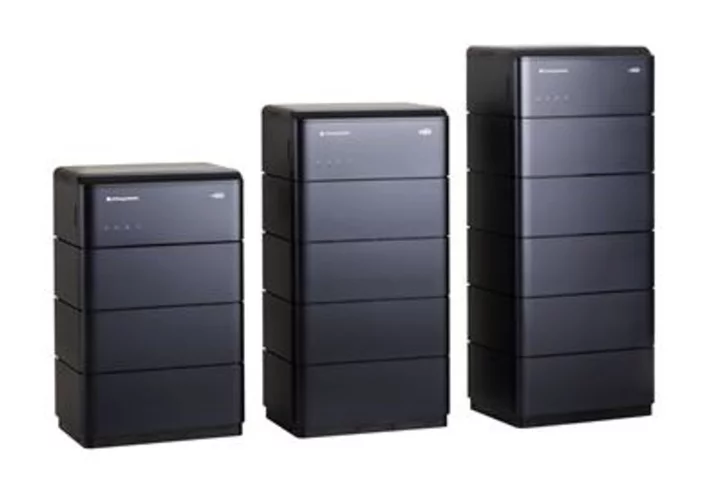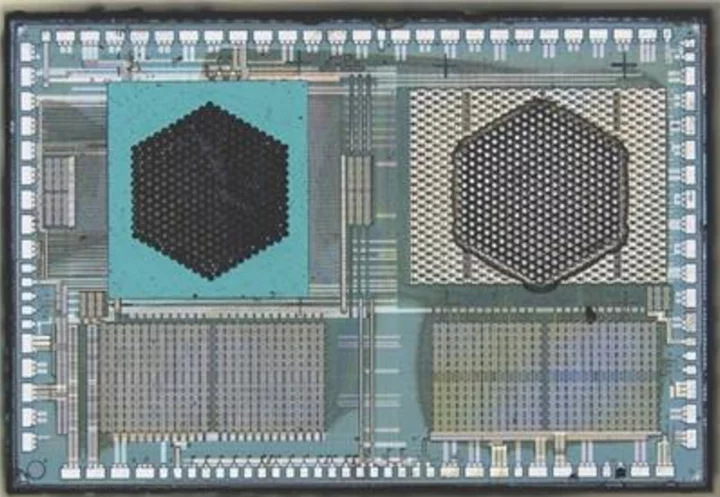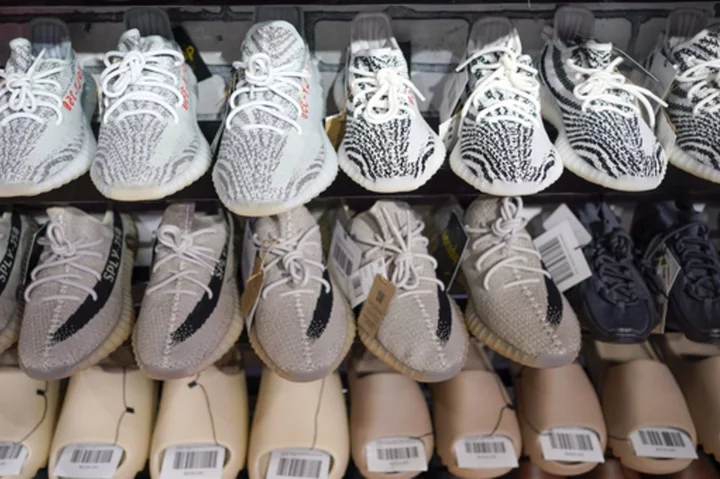European policymakers will have breathed a sigh of relief Wednesday as a key measure of inflation revealed the first drop in prices since 2020.
Prices charged by factories in the 20 countries that share the euro currency fell 1.5% in May compared with the same month last year, according to data from the European Union's statistics agency.
That's the first time producer prices — which feed into prices paid by consumers — have notched a year-on-year decline since December 2020.
The drop was driven by a steep 13.3% annual fall in producer prices in the energy sector, the data showed.
The numbers signal that consumer price inflation is likely to ease further, falling closer to the European Central Bank's (ECB) 2% target. Consumer prices in the euro area rose 5.5% in June compared with a year ago, according to an initial official estimate, down from 6.1% in May.
Slowing inflation is good news for consumers who've spent the past two years struggling with eye-watering rises in the cost of living, as well as higher repayments on mortgages and other loans.
The ECB has been trying to take the heat out of price increases over the past year by jacking up interest rates. In June, the central bank hiked benchmark borrowing costs to 3.5%, their highest level in over 22 years.
Producers, however, have less to celebrate. According to June survey data published Tuesday, factory output in the euro area recorded its steepest fall since October. Prices charged by manufacturers also fell last month, suggesting that official June figures may likewise show another drop.
"There is growing evidence that the capital-intensive industrial sector is reacting negatively to the ECB's interest rate hikes," Cyrus de la Rubia, chief economist at Hamburg Commercial Bank, wrote in a note about the survey data.
"Cuts to sales prices for the second month in a row come as no surprise given the weakness in demand and rapid rate of cost deflation," he added.
The euro area economy slipped into a recession over the winter, and there have been further signs of weakness in the April-June period.

